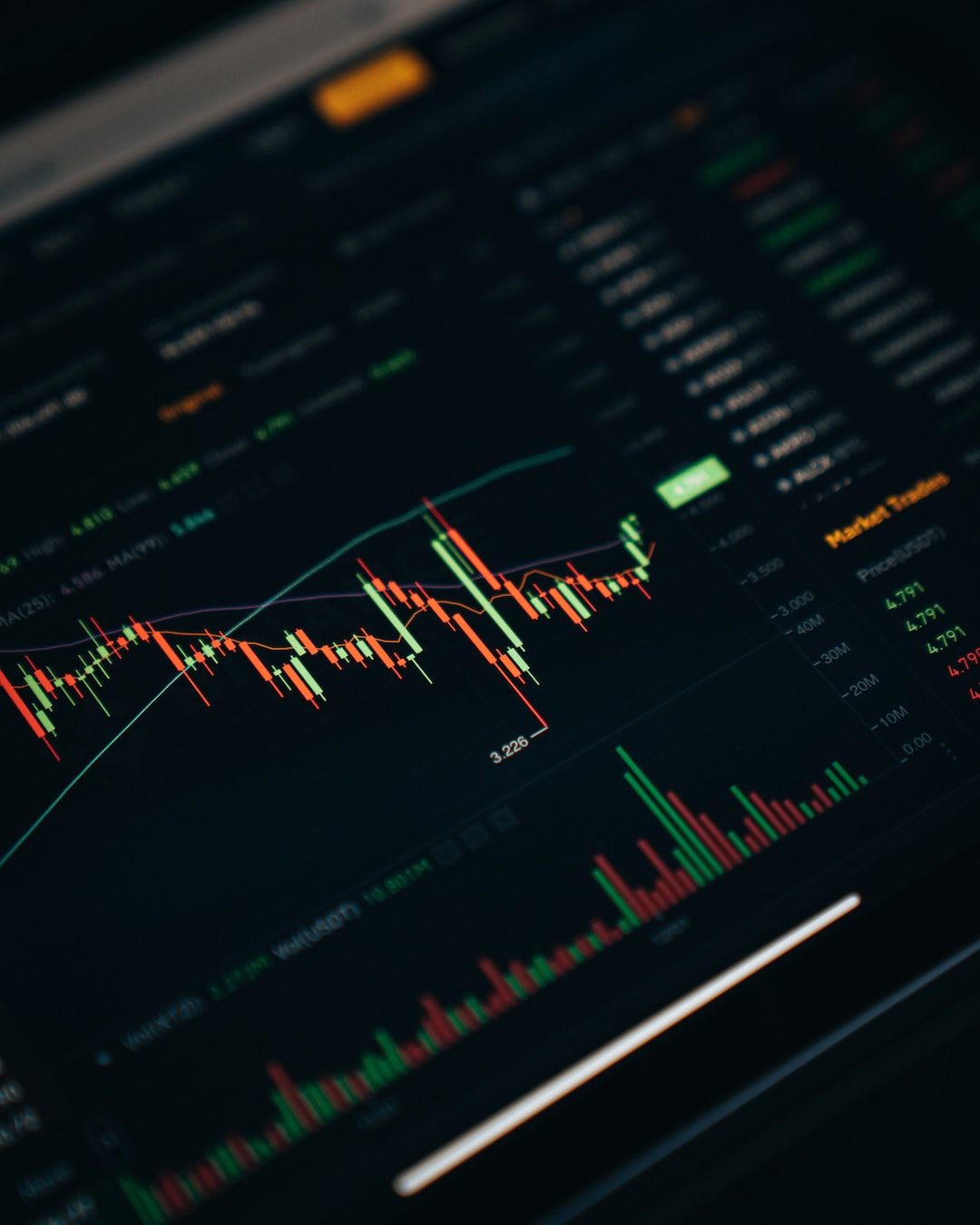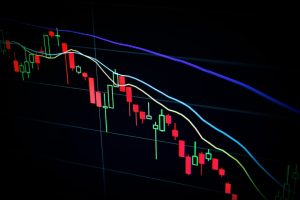Foreign exchange, commonly referred to as forex, is the exchange of one currency for another. It is one of the largest and most liquid markets in the world, with daily trading volumes exceeding $5 trillion. Forex is influenced by a wide range of economic and political factors, including trade, inflation, interest rates, and geopolitical events.
One of the most significant factors that affect forex is a country’s trade balance. A trade balance is the difference between a country’s exports and imports. When a country exports more than it imports, it has a trade surplus, which means it is earning more foreign currency than it is spending. On the other hand, when a country imports more than it exports, it has a trade deficit, which means it is spending more foreign currency than it is earning.
When a country exports less, it means that its trade balance has shifted towards a deficit. This can have a significant impact on forex as it creates an imbalance in the supply and demand for the country’s currency. When a country has a trade deficit, it needs to buy more foreign currency to pay for its imports. This increased demand for foreign currency leads to a decrease in the value of the country’s currency.
Let’s take an example of a country that exports fewer goods than it imports. Assume that country A has been exporting goods worth $10 billion annually, but due to a decline in demand, it can only export goods worth $8 billion. At the same time, the country is importing goods worth $12 billion annually. As a result, the country has a trade deficit of $4 billion.
To pay for the imports, the country needs to buy foreign currency. This increased demand for foreign currency leads to a decrease in the value of the country’s currency. In this case, assume that country A’s currency is the dollar, and it needs to buy euros to pay for its imports. The increased demand for euros leads to an increase in the value of the euro compared to the dollar. This means that it will take more dollars to buy the same amount of euros, making the dollar relatively weaker.
The weakening of a country’s currency can have both positive and negative effects on its economy. On the positive side, a weaker currency makes a country’s exports cheaper, which can help to increase demand for its goods and services. This increased demand can lead to an increase in production, employment, and economic growth. On the other hand, a weaker currency makes imports more expensive, which can lead to higher inflation and reduced purchasing power for consumers.
In addition to the impact on the domestic economy, a country’s trade deficit can also have implications for its relations with other countries. A large trade deficit can lead to tensions with trading partners who may accuse the country of unfair trade practices or currency manipulation. This can lead to trade disputes or even trade wars, which can have significant negative effects on the global economy.
In conclusion, a country’s trade balance is a critical factor that affects forex. When a country exports less, it creates an imbalance in the supply and demand for its currency, leading to a decrease in its value. This can have both positive and negative effects on the domestic economy and can also impact the country’s relations with other countries. It is essential for policymakers to monitor the trade balance and take appropriate steps to address any imbalances that may arise.





